The Relationship Between Low Sex Hormones and Sleep Apnea
Reviewed by Sahil Chopra, MD, and Stacey Gunn, MD.
Research by Savit Malhotra.
Introduction
The topic of low sex hormones caused by sleep apnea is often not discussed for a number of reasons, from stigma to people simply thinking that it doesn’t affect them. What is lesser known is that sex hormones have a range of effects on the body throughout the course of a person’s life. From puberty to childbirth, and even to daily function, sex hormones help to regulate many bodily functions. In this article, we will be breaking down what it is these sex hormones are and do, how sleep apnea can affect them, and what a person can do to help restore them to a normal level.
What are Sex Hormones?
Sex hormones are a type of steroid hormone produced primarily in the ovaries (in women) and the testes (in men) that function to send chemical signals throughout the body.[1] Although there are a number of different types of sex hormones, estrogen and progesterone are the most common hormones found in women, and testosterone is the most common hormone found in men. However, both hormones are present in all sexes, just in smaller amounts. Men also produce estrogen, and women also produce testosterone, but the levels are not the same as the opposite sex.[2]
While sex hormones are commonly thought to only play a role in sexuality and fertility, they also serve an important role in the overall growth and development of people during their early life and well into their later life. For example, during puberty, sex hormones contribute to the development of reproductive organs, body hair, and height growth. In the later stages of life, sex hormones help to maintain organ health and immune system function, along with libido. They also help to regulate mood and brain function, and menstrual cycle (in women).[2]
As we age, it is not uncommon to see sex hormone levels begin to fluctuate. The endocrine organs (such as the pineal gland, hypothalamus, gonads, pancreas, etc.) begin to respond differently, with levels of some hormones rising, some dropping, and some staying stable.[3] As a result of decreasing levels of sex hormones, people may experience increased belly fat, reduced sex drive, bone loss, hot flashes, hypogonadism, erectile dysfunction (in men), depressed mood, and much more.[4,5] These effects do depend on which sex hormone is out of proportion, but some of the effects are shared between them.
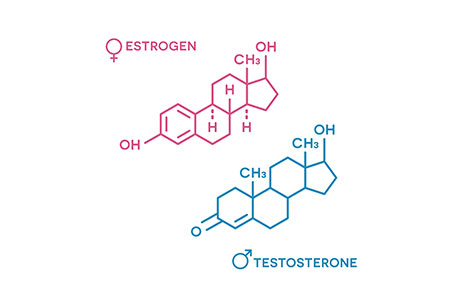
How Do the Two Worsen Each Other?
Like many of the other relationships we have discussed, the key to why sleep apnea can cause low sex hormones is due to the stress caused by sleep apnea and the lapses in oxygen levels. Those with sleep apnea experience sleep fragmentation and intermittent hypoxemia. This hypoxemia directly affects neurotransmitters by disturbing the production of hormones by the hypothalamus and pituitary gland. Additionally, when a person wakes (even briefly) at the end of an apneic event, central stress can cause hormonal changes that can lead to an imbalance in the person’s endocrine system.[6] The more apenic events a person experiences, the more likely they are to experience an imbalance in their hormone levels all across the board. Furthermore, studies have shown that testosterone levels follow one's circadian rhythm. With sleep onset, testosterone levels begin to rise and plateau during REM sleep.[7] Disruptions of a person’s sleep cycle due to sleep apnea likely result in disruptions in the natural release of testosterone, contributing to the effects associated with low sex hormones.
Aside from sleep apnea leading to low sex hormones, the reverse can also be said. It is known that obstructive sleep apnea is more prevalent in women after they reach menopause. Menopause (which typically occurs in a woman’s late 40s or 50s and is characterized by a woman not having her period for 12 months) is associated with decreased estrogen levels.[8] One study found that, of 774 women, there was a 9% decreased chance of the women snoring when their serum concentrations of estrone and progesterone were doubled, and an 18%, 23%, and 17% decreased chance of irregular breathing when either 17β-estradiol, estrone, or estrone 3-sulfate was doubled, respectively.[9] This study confirms what we often see clinically, which is that post-menopausal women with low sex hormone levels are more likely to snore and have sleep apnea.
What Happens When You Treat Sleep Apnea?
Interestingly, when we look at testosterone, it is known that sleep apnea is associated with low testosterone, and that obesity, metabolic syndrome, and intermittent drops in oxygen all play a role. So, logically, we would hope that treating sleep with CPAP would return testosterone levels to normal, but that does not appear to be the case. Some small trials may have shown benefit, but large randomized trials did not appear to show a difference.[17] Testosterone replacement therapy does have the potential to help with symptoms like sexual dysfunction, erectile dysfunction, fatigue, and mood changes.[11] But, this needs to be done carefully because testosterone does have the potential to worsen sleep apnea in the short term and at high doses. One study found that, during an 18-week study, testosterone replacement therapy temporarily worsened oxygen saturation after/around 7 weeks, but the effects tended to resolve over time. In fact, after around 12-18 months, the negative effects mostly resolved, and after about 12 months, there were even positive effects (such as improvement in sleep disturbances) for patients on testosterone replacement therapy.[12] While a CPAP machine may not directly result in increased sex hormones, when combined with some other form of therapy, the results may stack, and a person can restore their sex hormone levels to normal. However, when looked at alone, it was reported that those who used a CPAP machine were significantly more alert and even reported having improved intimate and sexual relationships.[13] This means that, on a subjective level, some people may see an improvement in their sex life with just the use of a CPAP machine.
Likewise, even though the dips in oxygen and sleep fragmentation can contribute to disruption of female sex hormones (along with age, obesity, and onset of menopause), treating with CPAP does not appear to result in improvement of the levels. [14] There can be significant improvement in well-being and quality of life by treating the underlying sleep apnea, but doing so does not impact hormone levels directly.
What Should I Look Out For?
As we discussed in the previous article, the STOPBANG method remains an effective way for a person to help screen themself to see if they have sleep apnea. This test/acronym (posted below for reference) isn’t perfect, but it is still an incredibly useful tool.
- S - Snoring
- T - Tiredness during the day
- O - Obstruction (brief pause in breathing while sleeping)
- P - Pressure (high blood pressure)
- B - Body mass index of 30 or greater
- A - Age of 50+
- N - Neck circumference of greater than 16 inches (in women) or 17 inches (in men)
- G - Gender (male)
If you have three or more of the above-mentioned characteristics of sleep apnea, it is important that you see a sleep medicine doctor so that they can properly diagnose you and you can begin treatment. However, we will also mention that it is possible to have sleep apnea even with a low STOPBANG score, and so a normal score should not prevent someone from being evaluated if they are otherwise concerned.[15]
Earlier in this article, we discussed some of the different effects that can come about due to low sex hormones. Keeping an eye on these effects can also help a person track if there is an imbalance in their sex hormones. Primarily, hormonal imbalance can impact growth, metabolism, mood, reproduction, and sexual function. Women may begin to see changes in their menstrual cycle, and both men and women may notice hair loss, excessive hair growth, changes in skin color and texture, low libido, weight changes, and mood disorders (such as anxiety).[16] While these impacts are not a medical emergency, they can greatly impact a person’s livelihood.
Conclusion
Sex hormones are important throughout a person’s life, both in terms of development and in maintaining a healthy lifestyle. From growth to sexual intimacy, sex hormones play an essential role in our lives. There is a complex interplay between sleep apnea and sex hormones, and managing both is are important piece in your overall health and well-being.
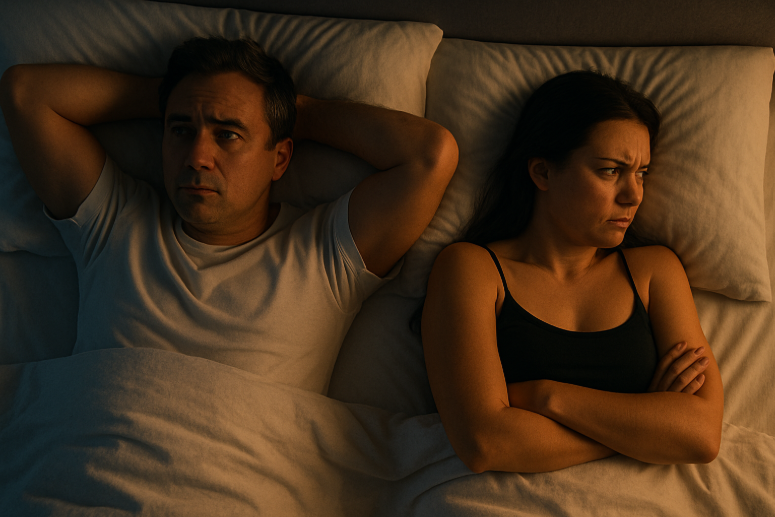


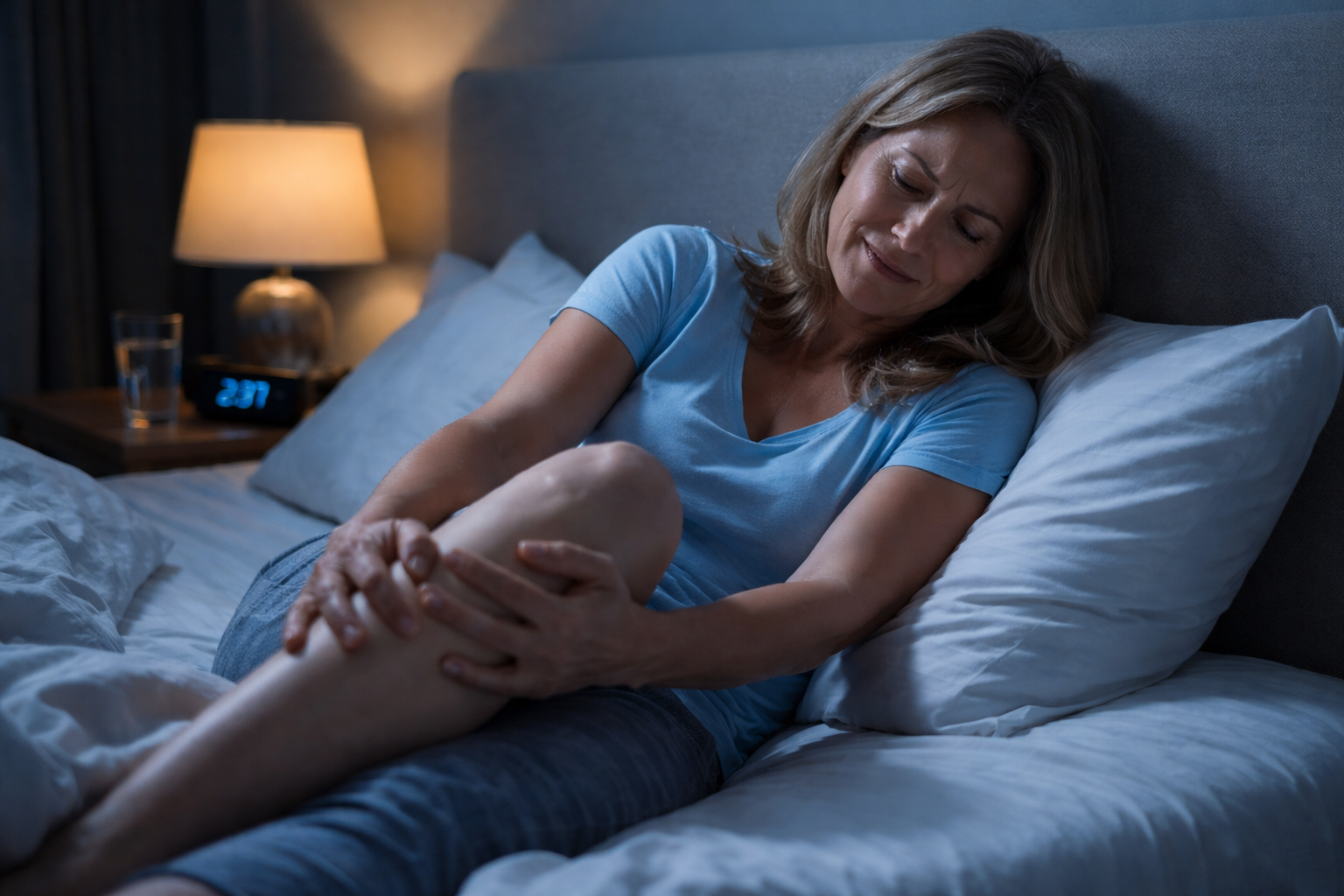
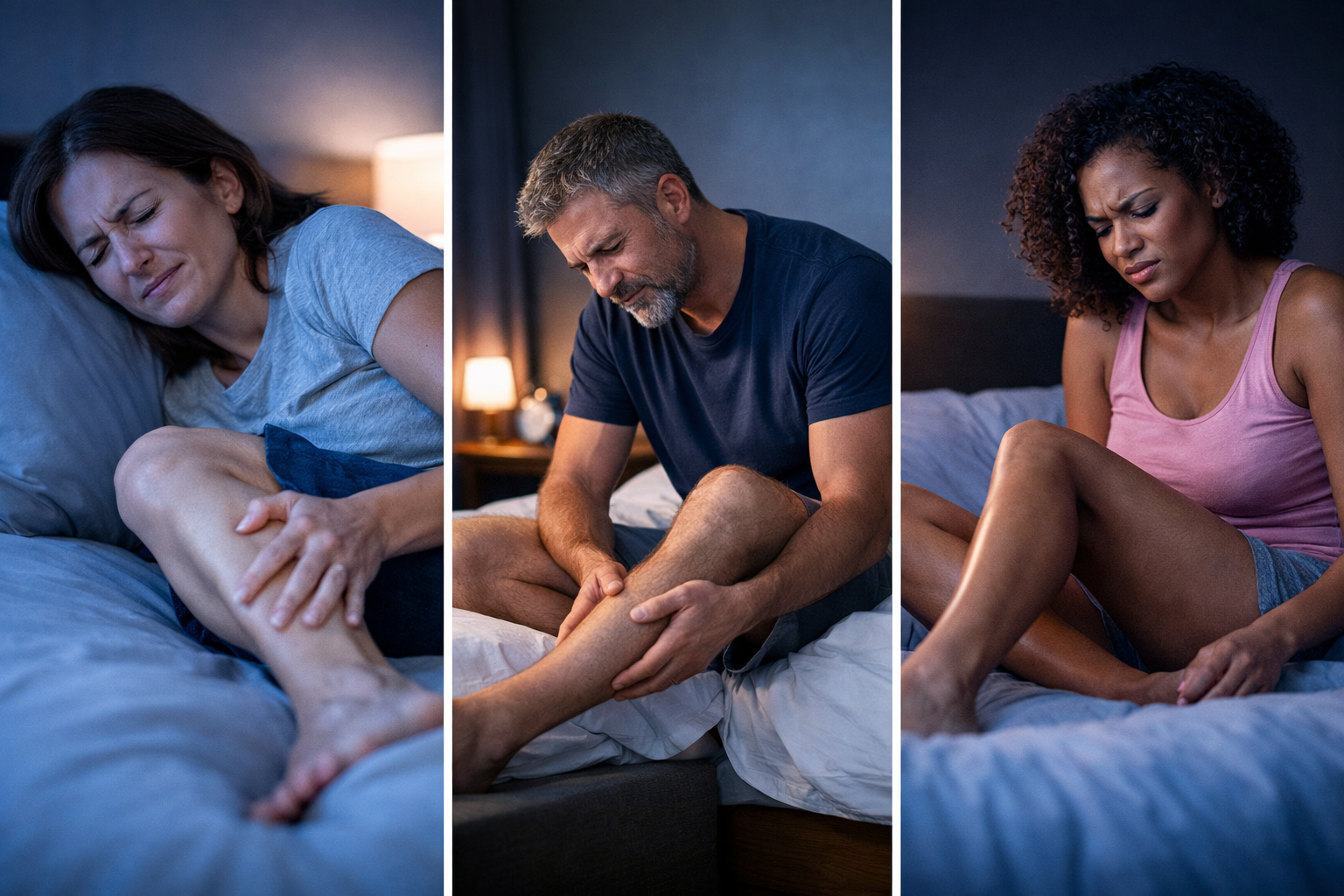
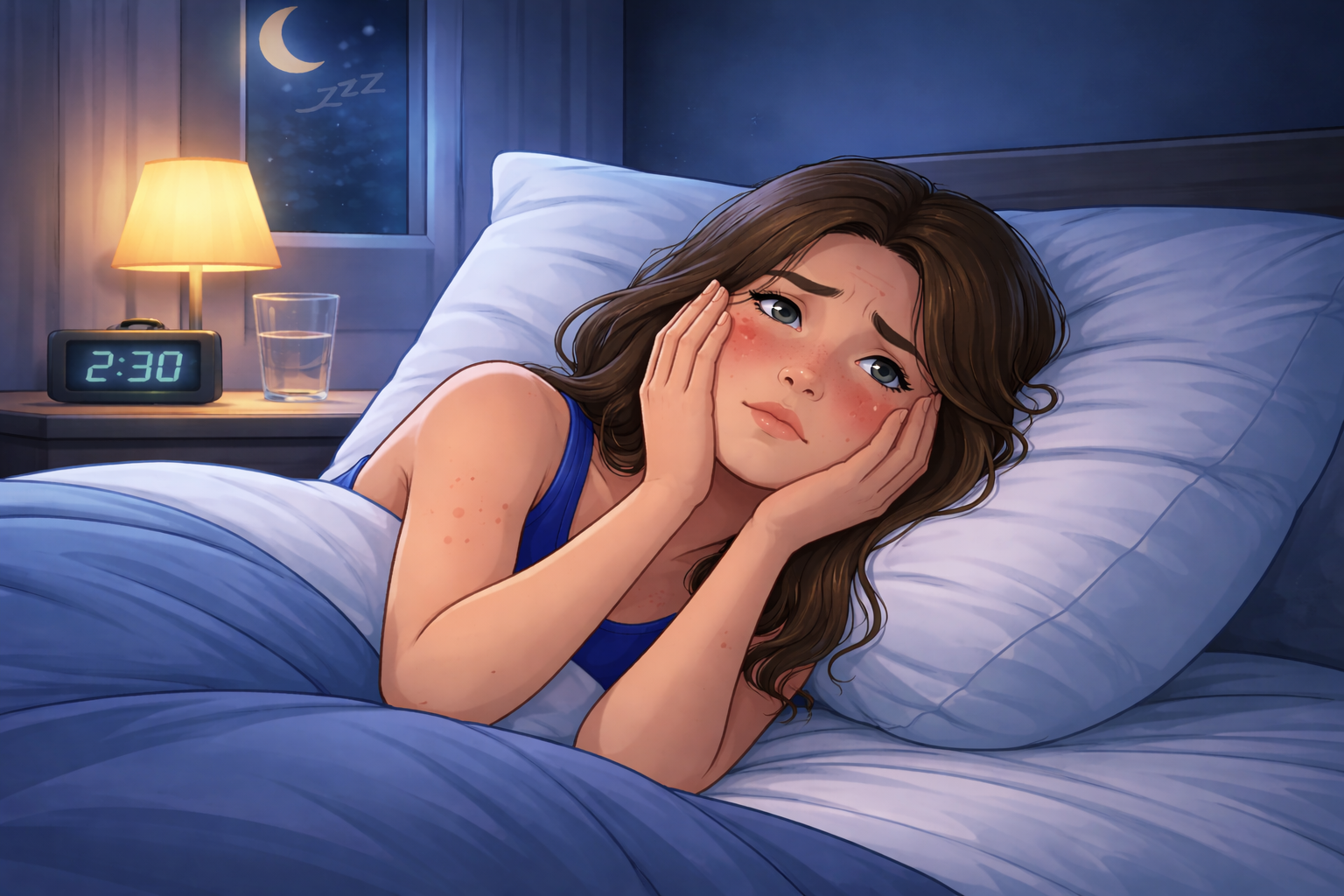
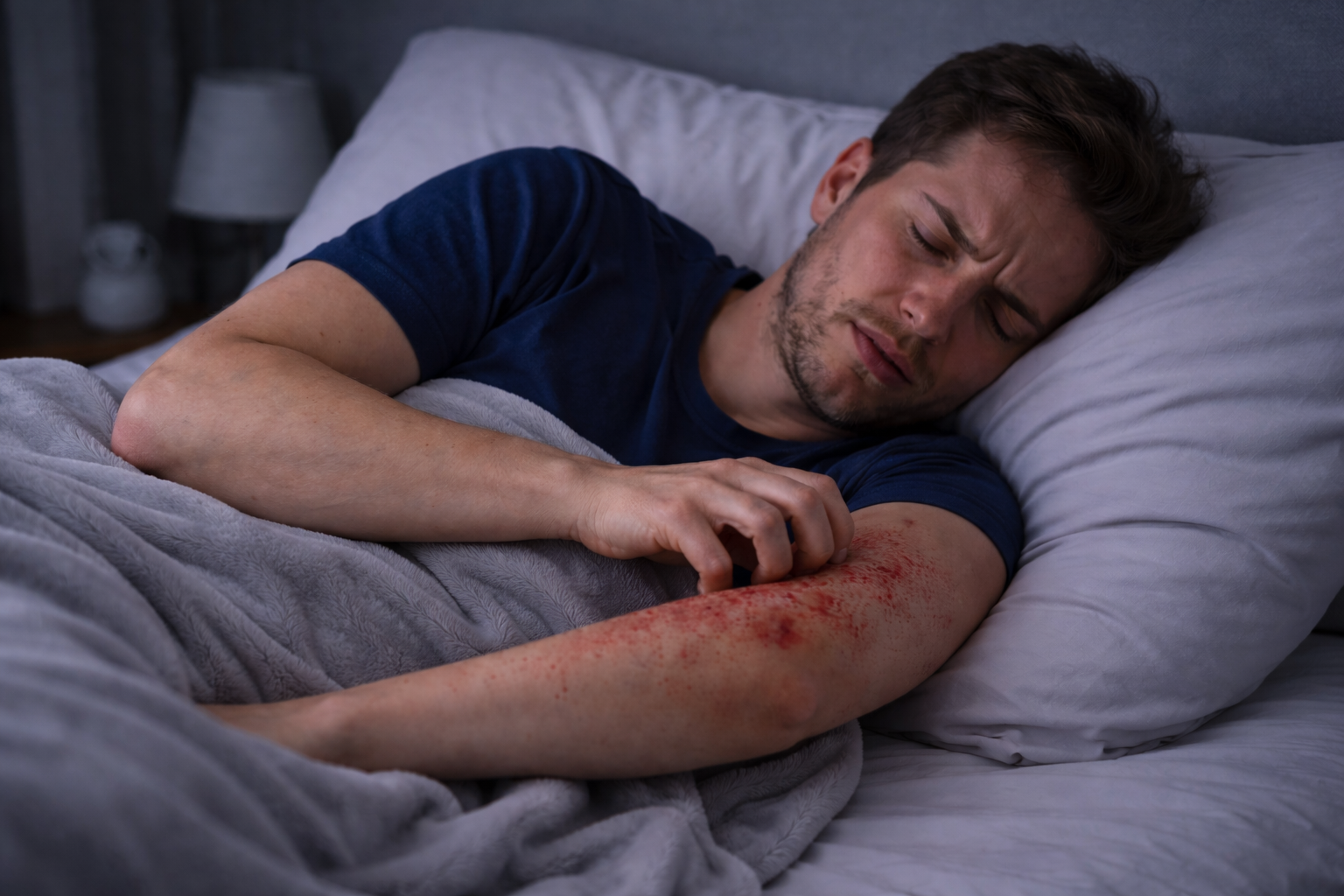
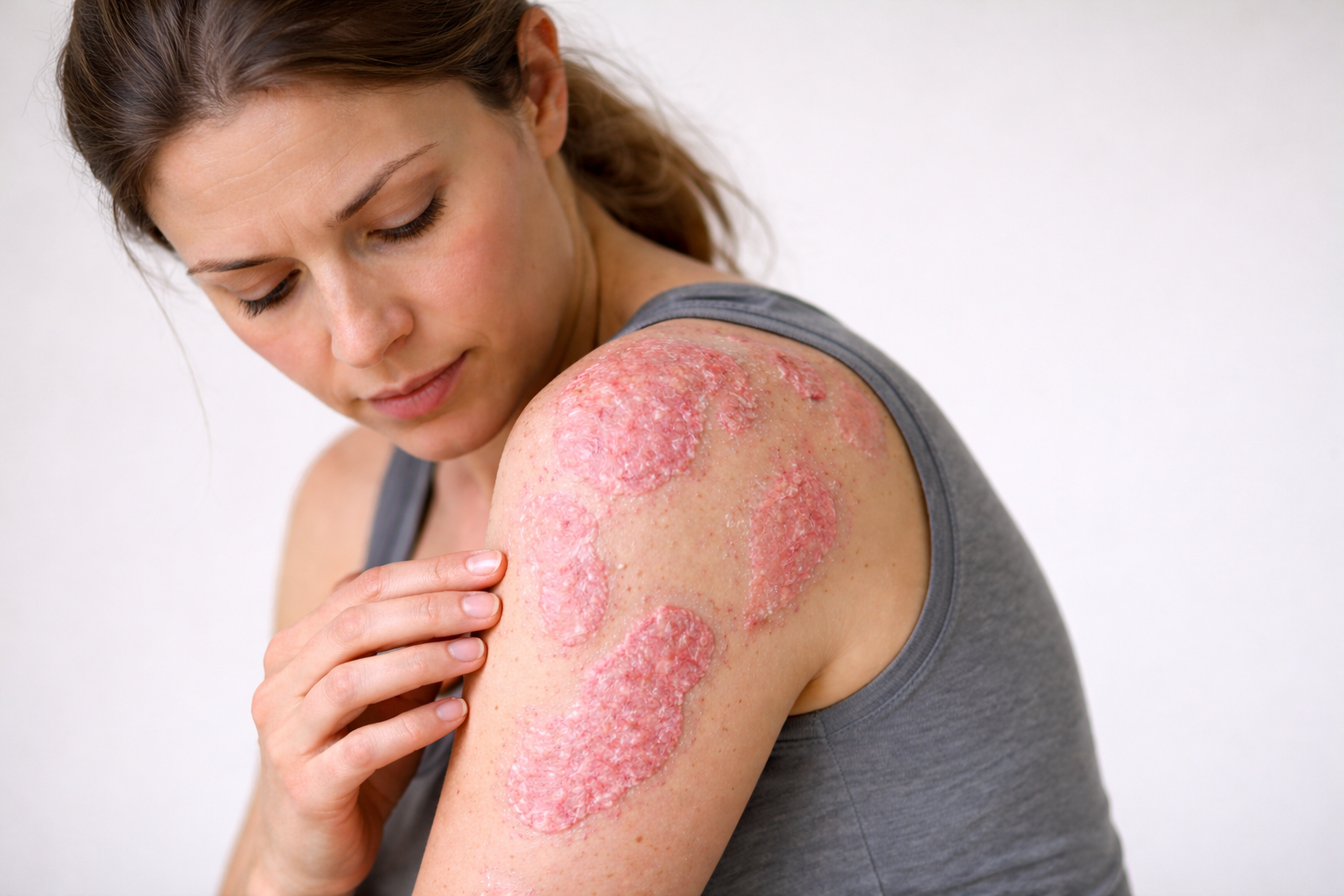
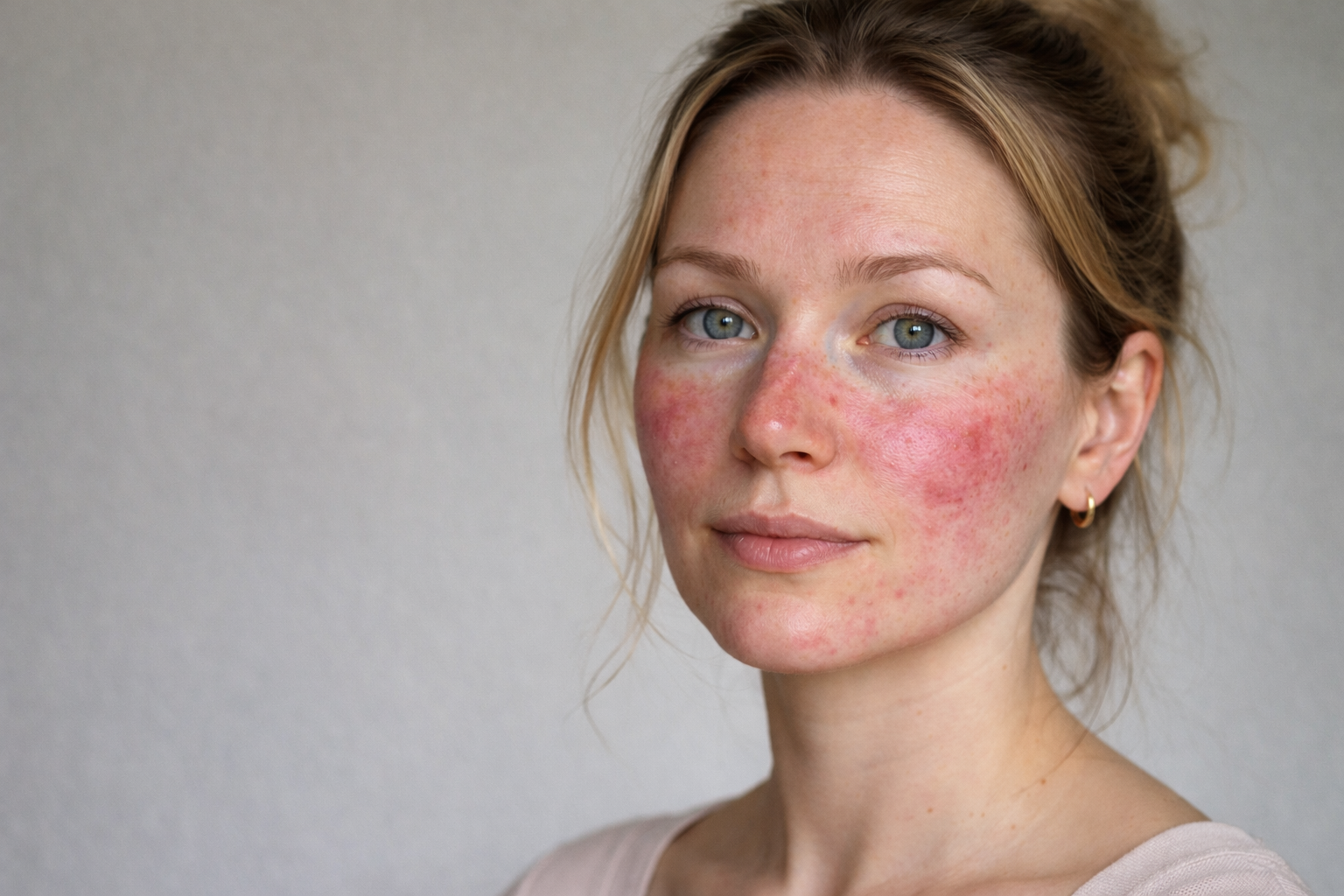

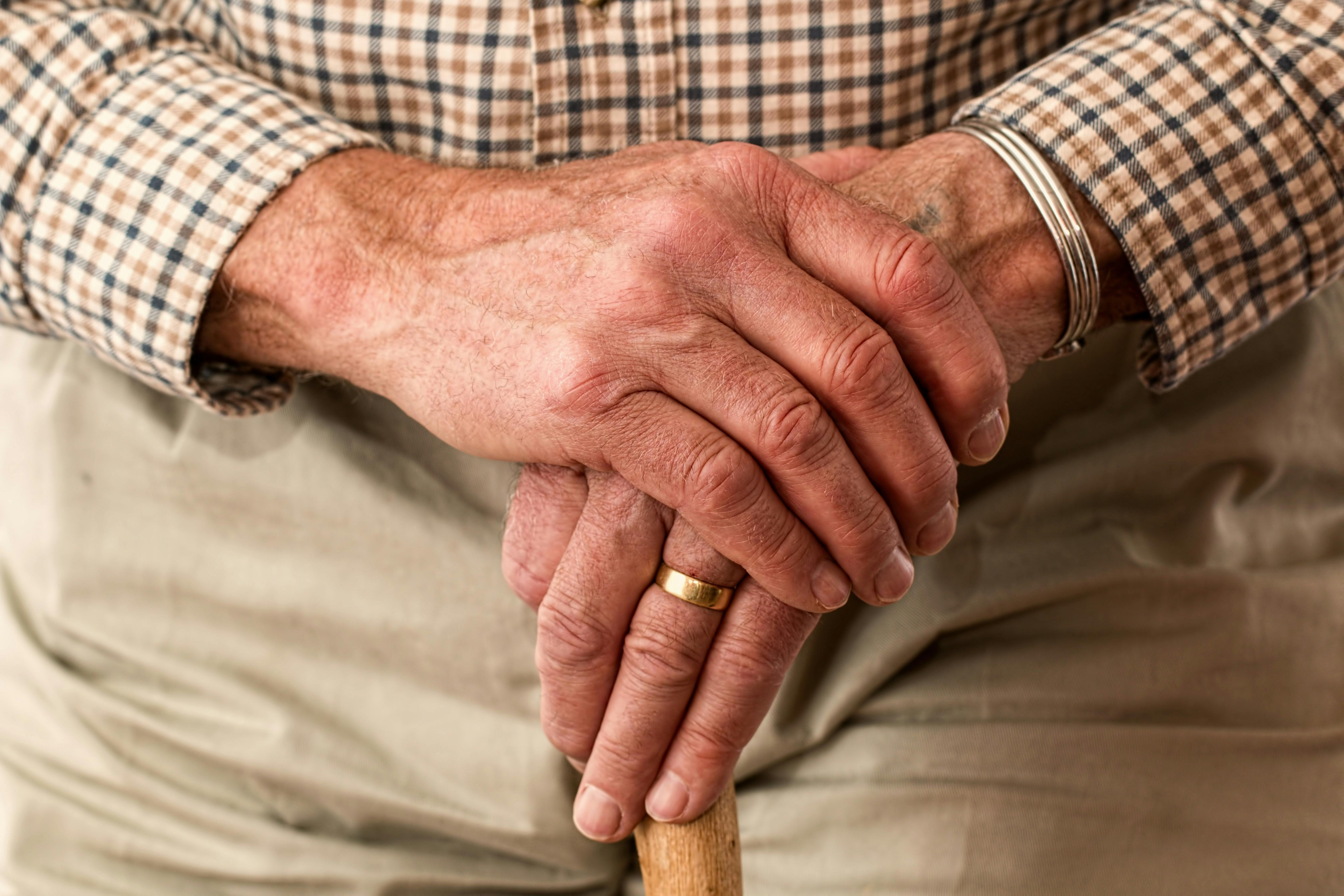
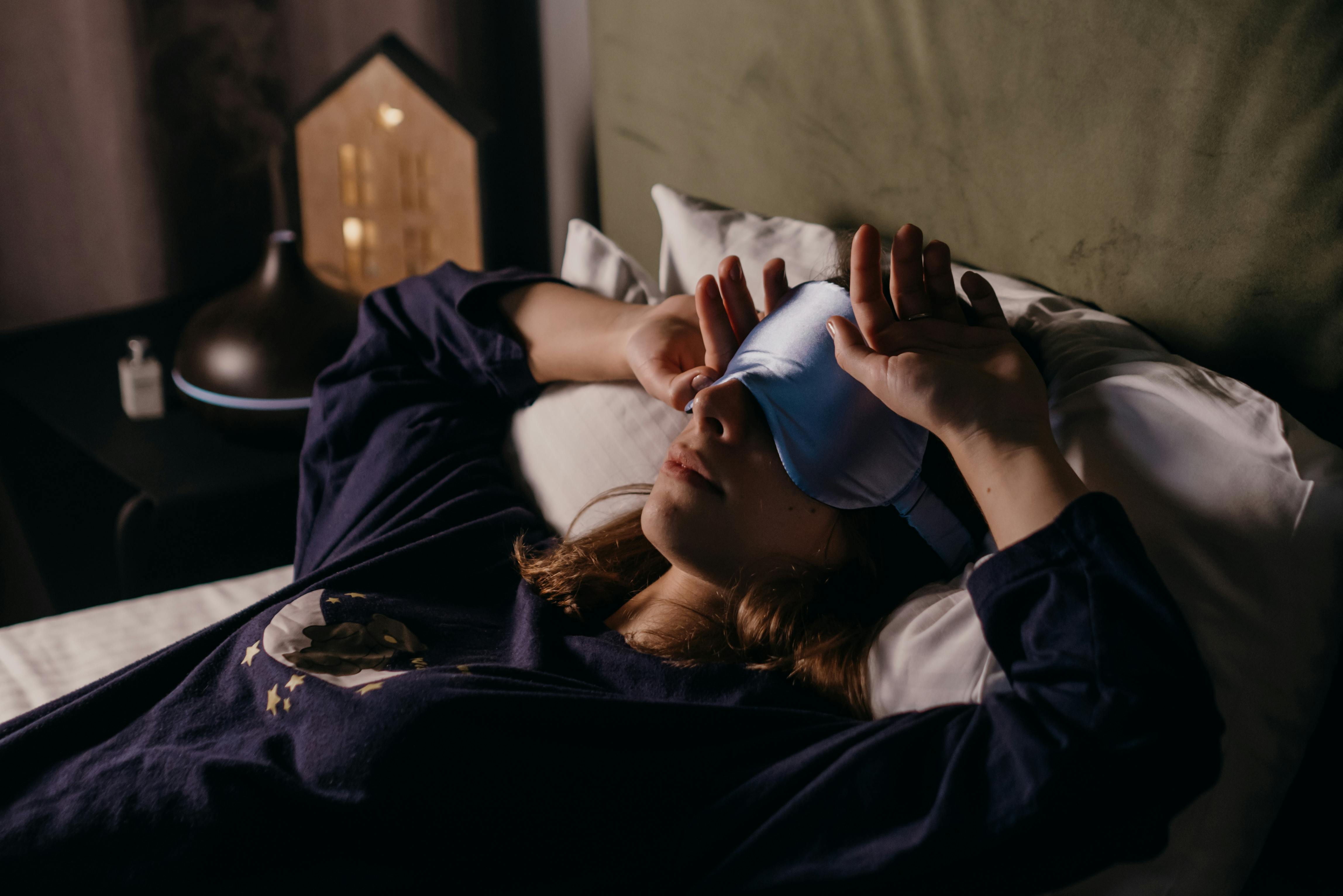

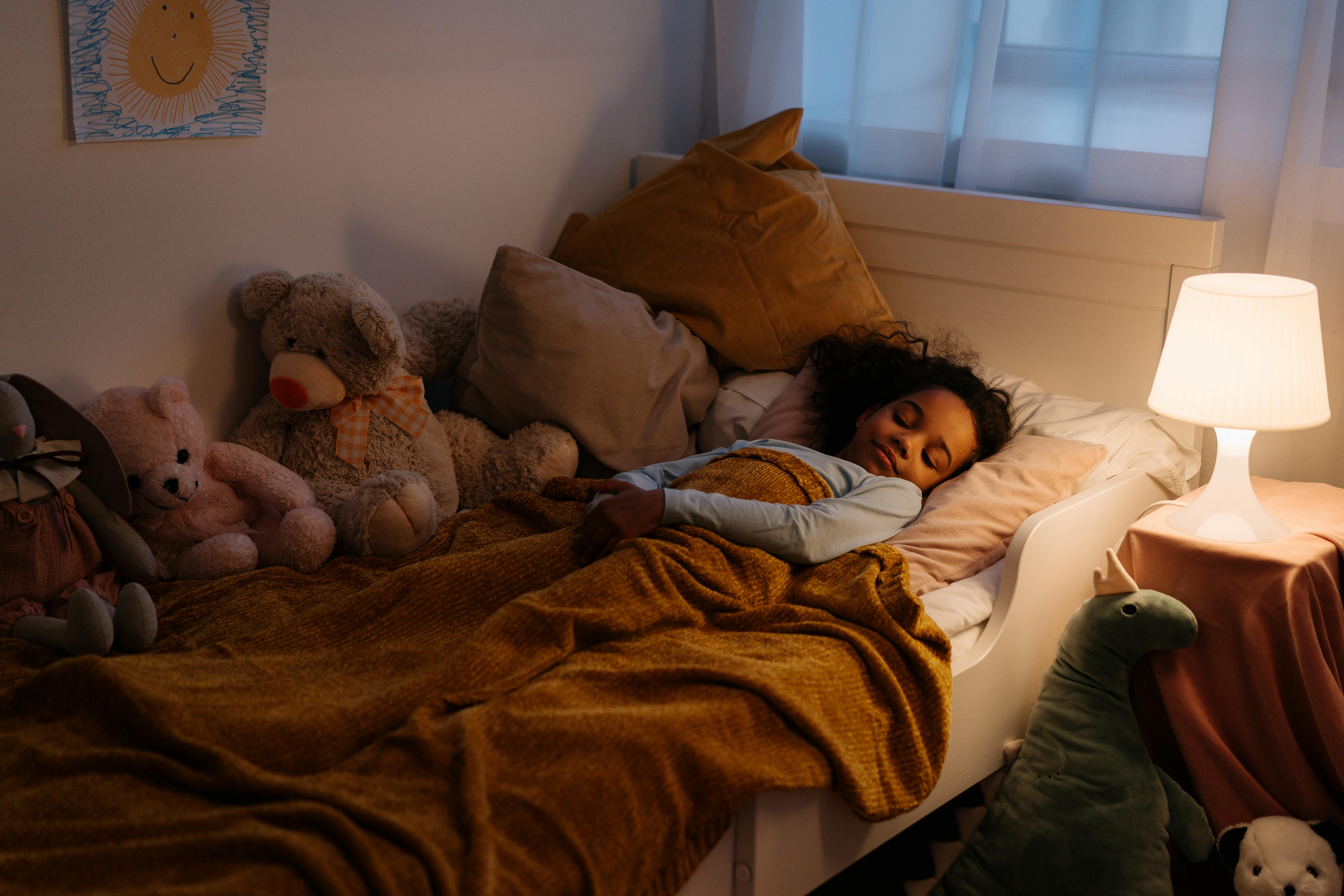


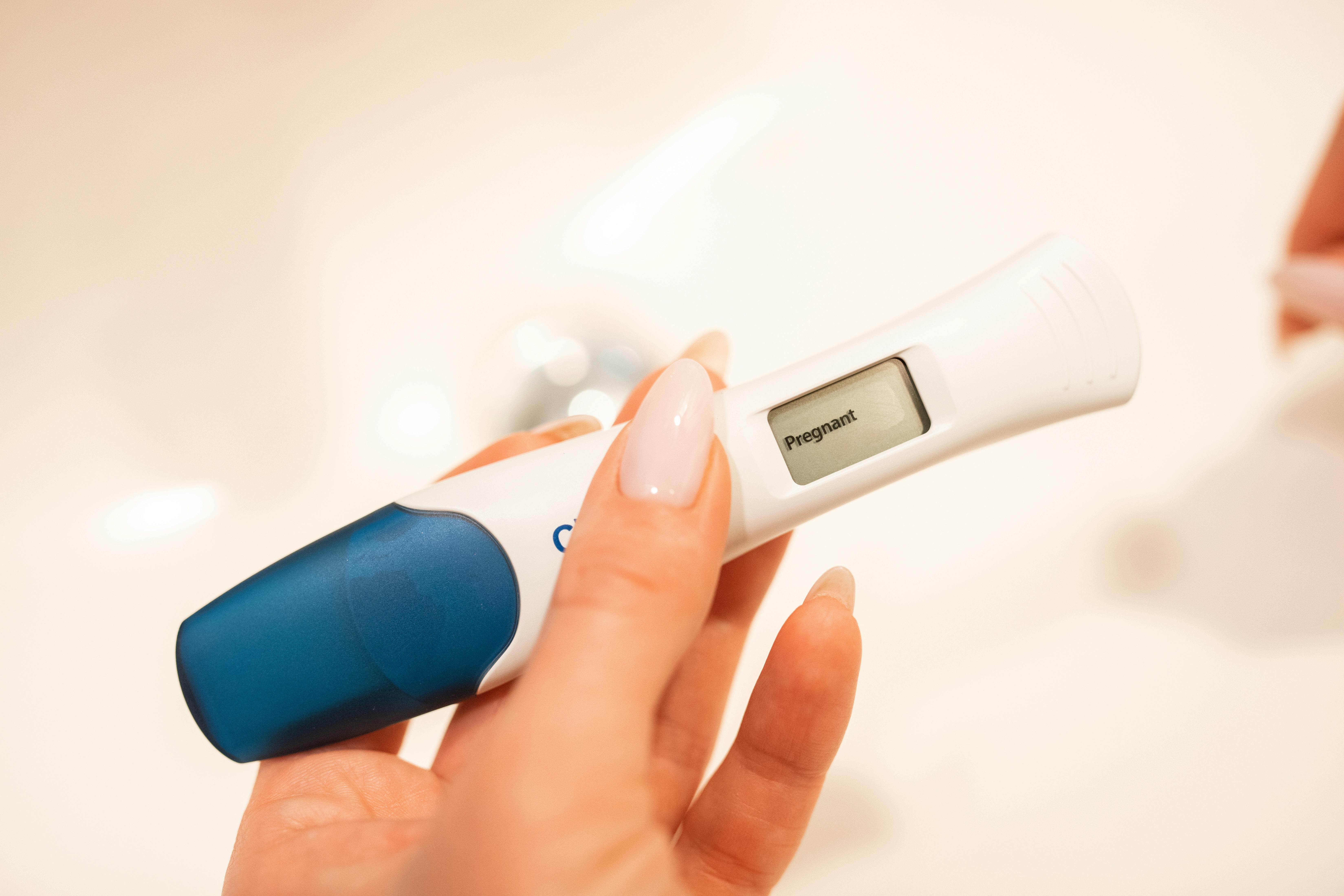





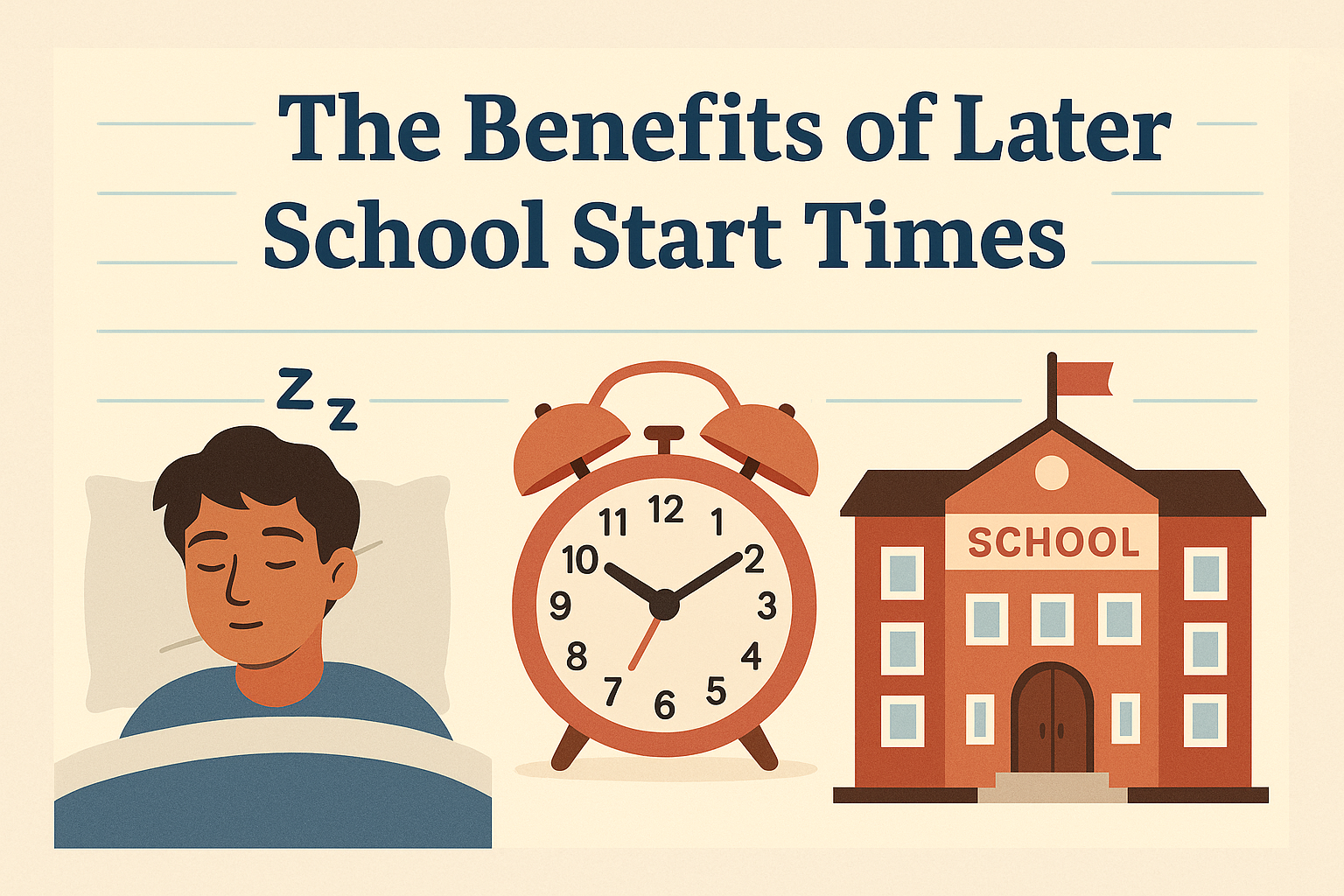

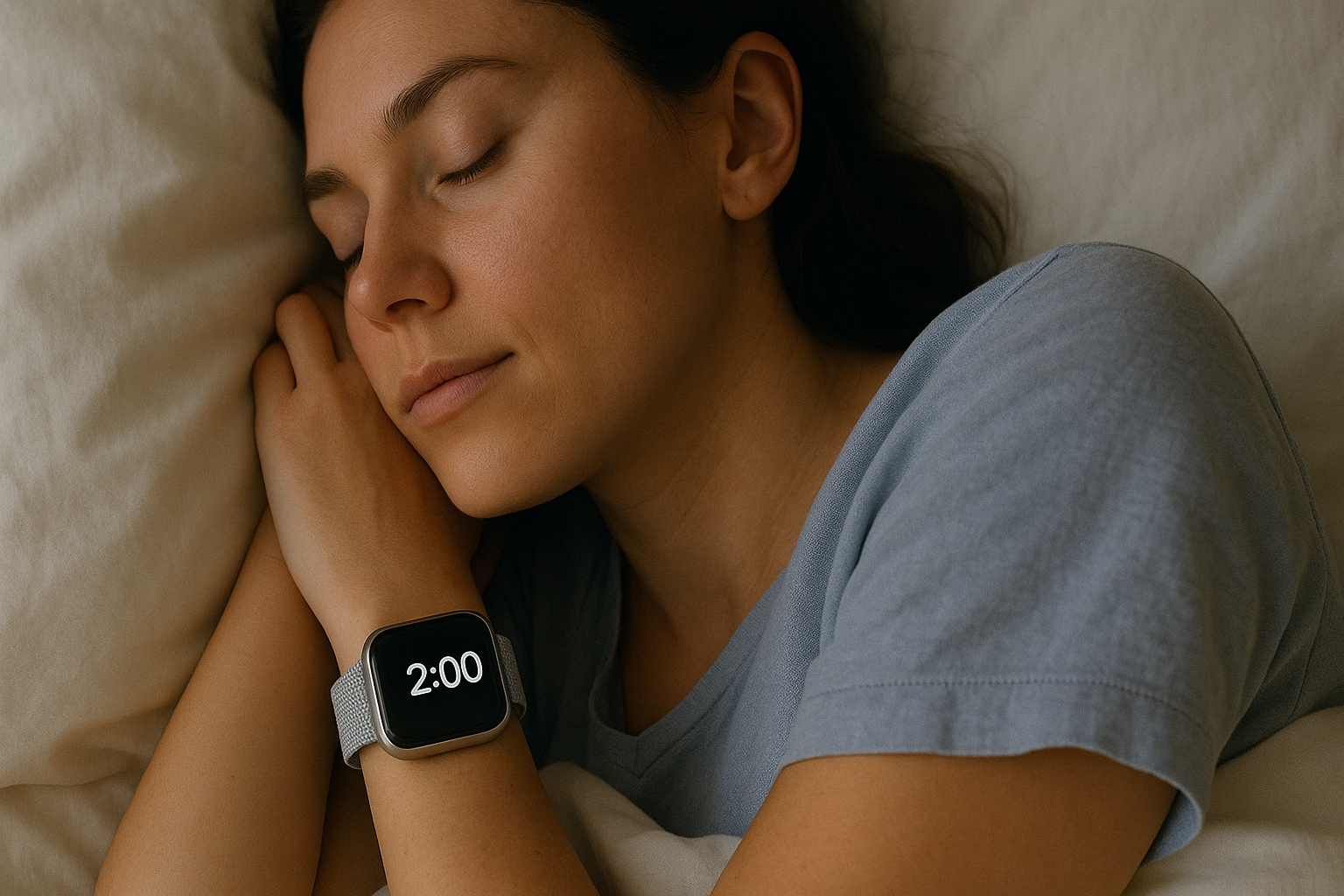


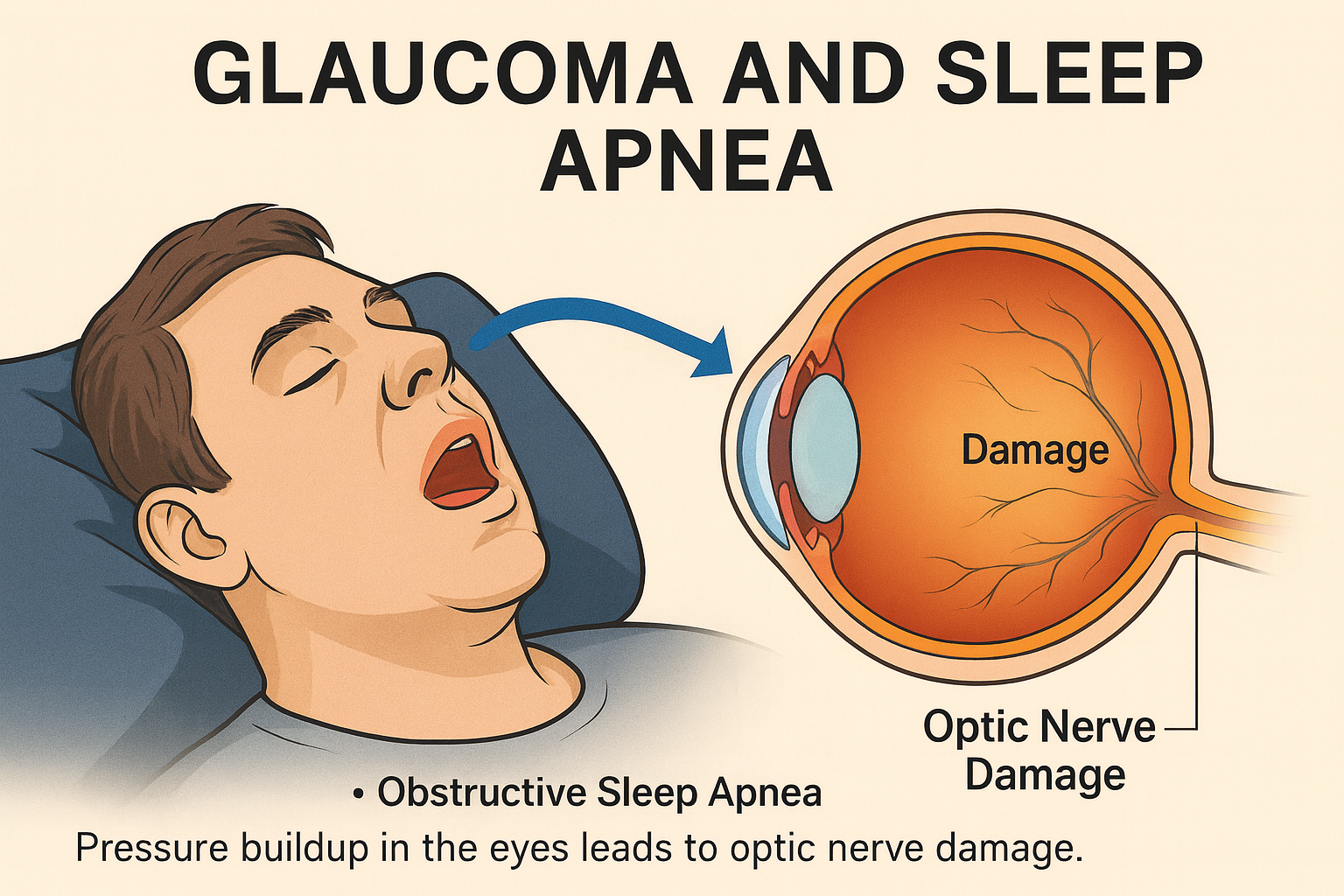
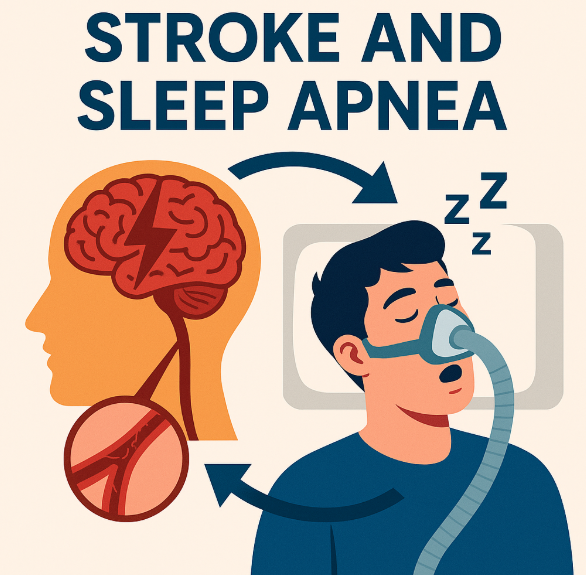
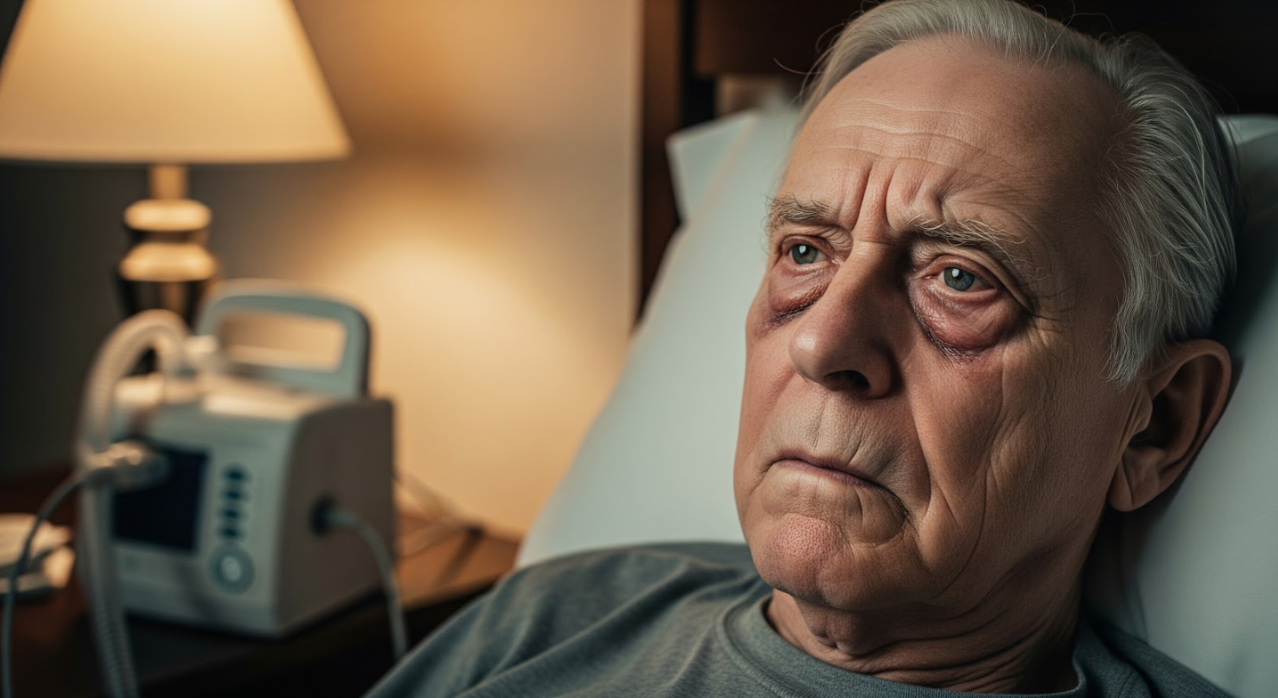
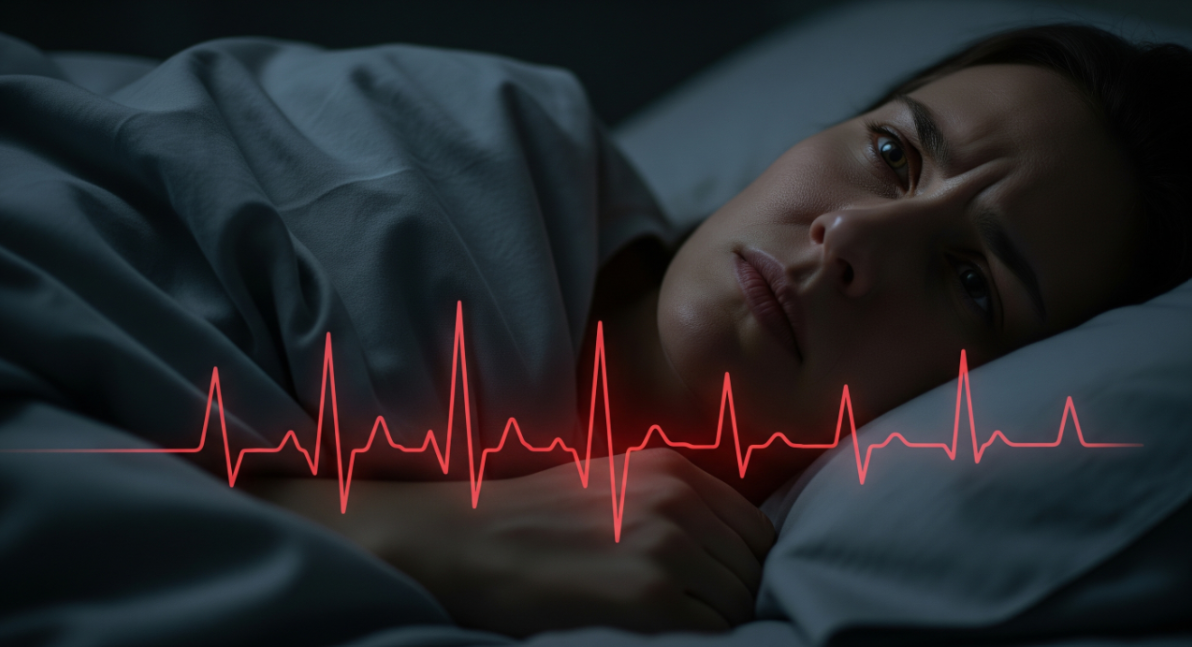
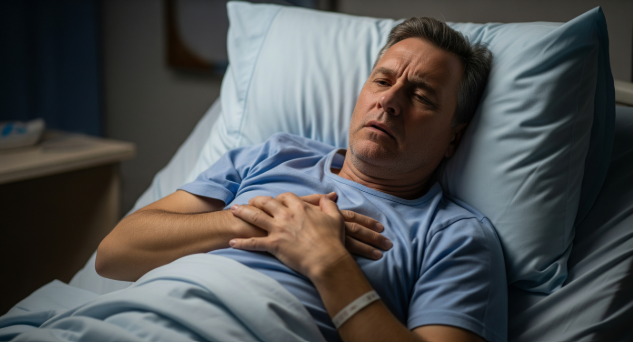





























































%20thumbnail.jpg)
.png)